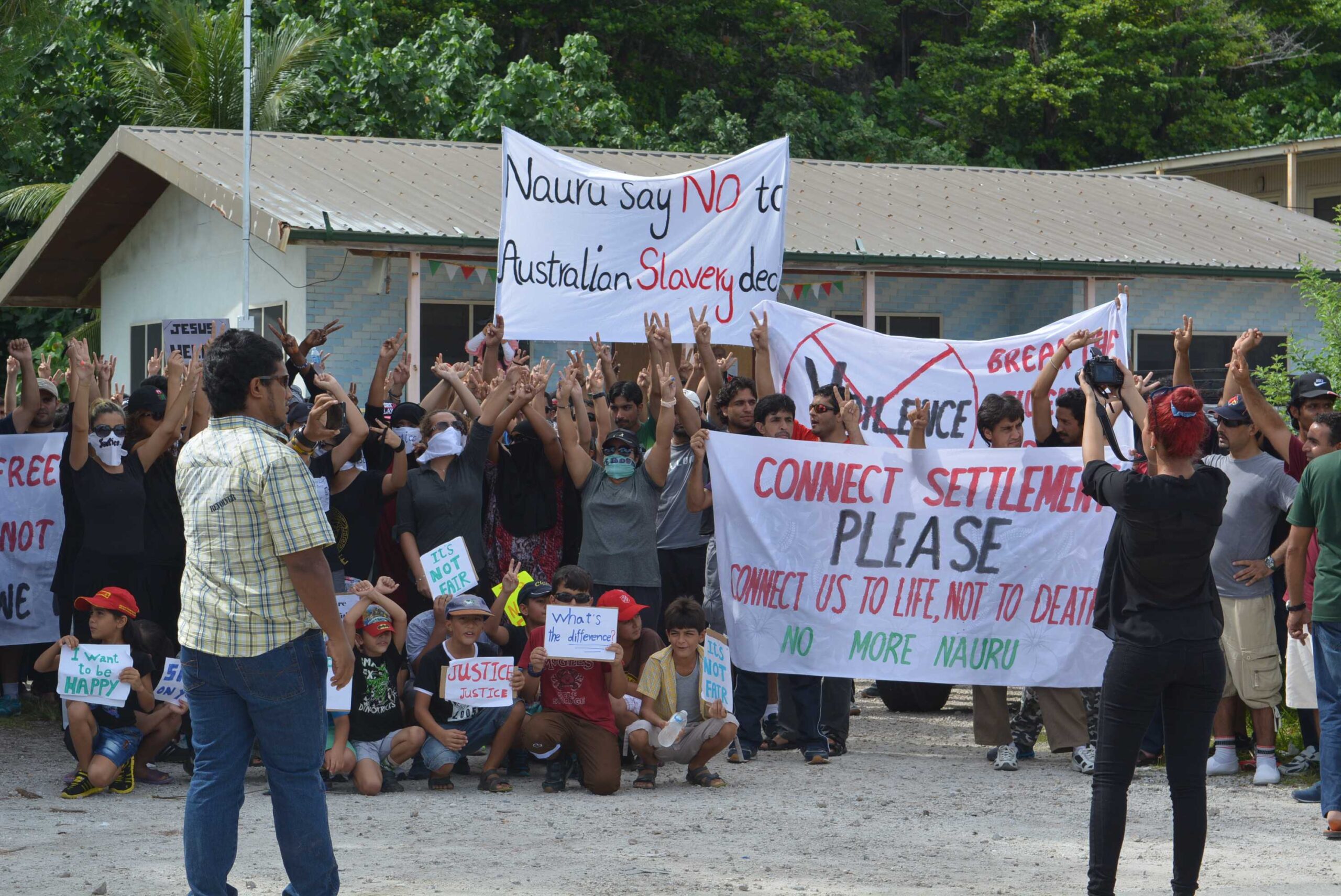
by JUMAANA ABDU (II)
 In August 2014, Hamid Khazaei, an asylum seeker being held in detention on Manus Island, died of sepsis from an infected cut on his leg. An infected cut.
In August 2014, Hamid Khazaei, an asylum seeker being held in detention on Manus Island, died of sepsis from an infected cut on his leg. An infected cut.
From war and persecution to imprisonment on Manus Island to dying of sepsis due to onshore Australian treatment that was delayed over two weeks because he ‘[hadn’t] obtained a visa’. The 24-year-old’s story is one us mainlanders have all but happily forgotten. It seems in accordance with the ‘tragedy-of-the-day’ culture that has possessed the privileged world. We struggle to deal with the overwhelming plethora of health crises that are being dealt with every day, long after the newspaper headlines have moved on.
Flash forward 4 years, and the situation is only direr. With Manus Island struggling to be shut down amidst an atmosphere of confusion and helplessness, conditions on Nauru continue to worsen. On March 7, Justice Nye Perram ordered a 10-year old boy and his mother to be sent off Nauru immediately. The boy was suicidal, having already attempted suicide three times. What kind of security purpose is this serving? What kind of processing center pushes children to suicide? After all that, the boy and his mother were found to be genuine refugees, an unsurprising discovery, considering almost all asylum seekers held on Nauru are genuine refugees. This boy is not an exception. Whistleblowers report having seen numerous suicidal children in their visits to Nauru and Christmas Island. Does a child have to be on the brink of death before they’re given due attention, protection and the capacity for a proper life?
Yet on Nauru, asylum seekers continue to wait with dwindling hope. Indefinitely. A prison sentence which is, in many ways, more punishing than the life-long certainty we afford even to murderers. Just offshore, the Australian government intentionally manufactures its own health crisis.
Yes, intentionally. The aim of the camps is to push asylum seekers to the point where returning to a home that no longer exists is preferable to staying. It’s evident in the $25,000 our government offers to any asylum seekers who choose to ‘return home’. And it’s poignantly clear in the first-hand retellings of Mark Isaacs, a Salvo volunteer on Nauru turned whistle-blower (for which the government took him to court); “The camp was built around destroying men…grind[ing] them into dust.” The accounts of frequent suicide attempts and barely existent health facilities Isaacs writes of in his non-fiction book, The Undesirables, are horrific, tragic, and most importantly, shameful.
 However, the current government seems incapable of either acknowledging or comprehending this shame. But that is not an excuse for the rest of us to use the density of the government as a scapegoat. As future health professionals, it is well within our capabilities to, if not change inhumane policies, at least improve the humanity of the health facilities in those camps. If something is not done, then any asylum seekers that do achieve that oh-so-elusive refugee status may indeed prove to be the very troubled health burdens that uninformed Australians paint them to be.
However, the current government seems incapable of either acknowledging or comprehending this shame. But that is not an excuse for the rest of us to use the density of the government as a scapegoat. As future health professionals, it is well within our capabilities to, if not change inhumane policies, at least improve the humanity of the health facilities in those camps. If something is not done, then any asylum seekers that do achieve that oh-so-elusive refugee status may indeed prove to be the very troubled health burdens that uninformed Australians paint them to be.
No Alternative Facts Here
When it comes to mental health, the statistics are staggering. Most of the men women and children in those camps are already deeply affected by experiences of torture or war faced before arriving in Australia. A friend of mine worked with a refugee boy who, while attempting to migrate to a safer town, had seen his pregnant sister’s belly cut open by rebel militia while she was still conscious to settle a bet on the baby’s gender.
Instead of being met by much needed comfort and counselling upon their arrival, asylum seekers are placed in detention, faced with deep uncertainty, hopelessness and a fear for their future they thought they had left behind. For many adults who were skilled workers back home, months are forced to be spent wasting away the day with meaningless activities.
Prolonged detention in itself is a recipe for psychological distress. It groups together already traumatised communities for long and uncertain periods of time, often creating a mass psychology of frustration, despair and mental illness. The statistics speak for themselves.
Studies show that 95% of children detained on Nauru for between 3 – 17 months were at risk of PTSD. Compared to 2% of the general Australian population, 34% of children had moderately severe to very severe mental health problems. And 60-80% of detainees reportedly had some form of mental illness; anxiety, depression, PTSD, self- harm and suicidal thoughts.
Physical healthcare, as tragically proven by Hazim Khazaei’s death, is no better. The detainees live in overcrowded conditions of poor water safety, sanitation and nutrition with little or no provision of health care despite the obviously high risk of communicable disease. In the past, detainees have suffered from gastroenteritis outbreaks due to extremely poor toileting facilities, as well as high risk of diseases such as malaria, which is common in the area. Moreover, the harsh physical conditions which a UNHCR Regional Representative described the conditions as “harsh, hot humid, damp and cramped,” foster the mental health issues addressed earlier.
 Health services at Christmas Island and Nauru are, at best, limited, at worst, non-existent. This is reflected by the numerous health professionals and human rights watchdogs such as Amnesty International which voice deep shock and criticism of health conditions on Australian offshore detention centres. Medical treatment is almost always delayed and usually insufficient; Mark Isaacs’ (pictured right) The Undesirables confirms the utter lack of health facilities on Nauru, painfully remembering the suicide attempts that occurred every other day and instances of men with broken bones being prescribed Band-Aids and Panadol.
Health services at Christmas Island and Nauru are, at best, limited, at worst, non-existent. This is reflected by the numerous health professionals and human rights watchdogs such as Amnesty International which voice deep shock and criticism of health conditions on Australian offshore detention centres. Medical treatment is almost always delayed and usually insufficient; Mark Isaacs’ (pictured right) The Undesirables confirms the utter lack of health facilities on Nauru, painfully remembering the suicide attempts that occurred every other day and instances of men with broken bones being prescribed Band-Aids and Panadol.
All this only makes the possibility of full recovery from past trauma upon admission into the general public as refugees much slimmer. With studies showing that psychological detriment correlates strongly with the length of time spent in offshore detention, it is no surprise that asylum seekers eventually settled in Australia after many months or years, often struggle to assimilate. The people responsible for offshore detention policies are making it harder for those who suffer under their ignorance to prove them wrong. It’s a cruel self-fulfilling prophecy.
Be the Change You Want to See
 The ‘Stop the Boats’ policy is naïve. Wilfully ignorant. Nowhere else is this captured with such despicable irony than in the scene picture (left). The image shows September 3, 2011, Quetta – a suicide bombing kills 42 and injures 80. Afterwards, men remove the bodies of those killed, against the backdrop of an Australian Government poster, warning people not to come to Australia “the illegal way”.
The ‘Stop the Boats’ policy is naïve. Wilfully ignorant. Nowhere else is this captured with such despicable irony than in the scene picture (left). The image shows September 3, 2011, Quetta – a suicide bombing kills 42 and injures 80. Afterwards, men remove the bodies of those killed, against the backdrop of an Australian Government poster, warning people not to come to Australia “the illegal way”.
The government needs to be reminded that we aren’t complicit in their actions. Protests and marches for refugee health happen regularly. On March 20, thousands rallied at the ‘Walk for Justice for Refugees’ . Coming up on April 7, the ‘Detention Harms Health – Student March for Refugees’ is an excellent opportunity to take a stand with hundreds of others. There will be significant media coverage and several inspiring experts and advocates joining. (Event info here.)
You can write a letter to Malcolm Turnbull or you can also donate to NGOs which support asylum seekers and refugees, including Asylum Seeker Resource Centre, The Australian Refugee Association and UNHCR Australia. A much more comprehensive list of organisations can be found in the Solutions Module on AMSA’s online Crossing Border’s Education Portal, where you will find truly excellent and comprehensive fact sheets detailing the history, health issues, cultural issues and possible solutions surrounding asylum seekers.
Additionally, you can support asylum seeker advocates like author Mark Isaacs, whose non-fiction works The Undesirables and Nauru Burning, will not only rock you to your core, but help you better understand the situation and how you can help.
 You can support your university’s AMSA Crossing Borders branch or volunteer with Doctors for Refugees, which organises many stands against current asylum seeker policy on the basis that it violates the Hippocratic oath.
You can support your university’s AMSA Crossing Borders branch or volunteer with Doctors for Refugees, which organises many stands against current asylum seeker policy on the basis that it violates the Hippocratic oath.
If not now, then remember those suffering offshore when you graduate. Remember them when you take an oath to ‘do no harm’. Because by doing nothing, we are allowing harm to be done. When will we tire of only caring about asylum seekers when one of them dies for no reason?
NB: Credit to Patrick Song and AMSA Crossing Borders for invaluable resources




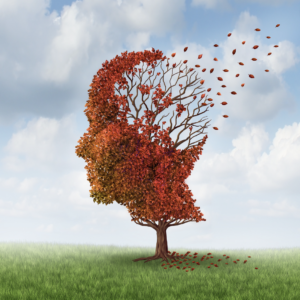



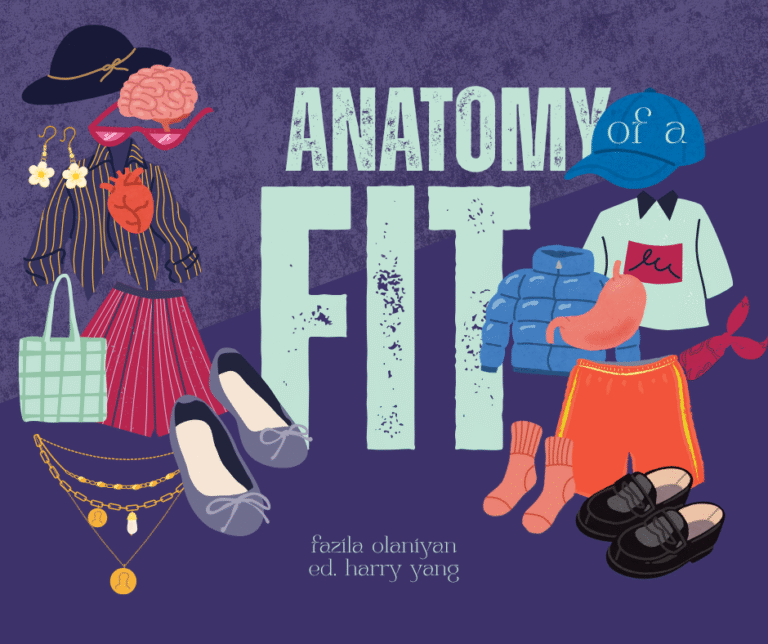

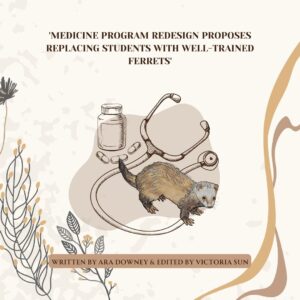






















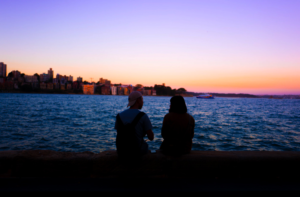







































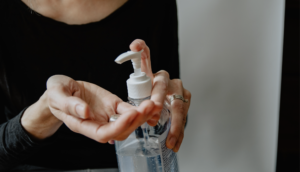





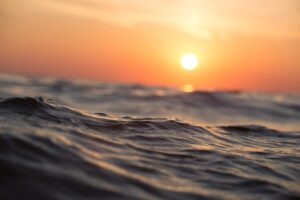



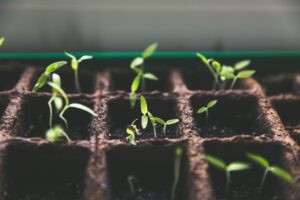




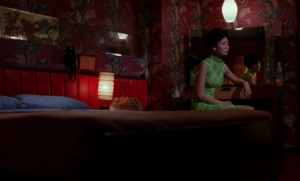












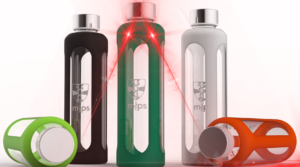








There’s a great way you can take action this Sat, 7th April by voicing your concerns about the medical negligence on offshore detention.
Students across NSW will be marching highlighting that “Detention Harms Health” and more transparency is needed regarding the medical services provided on Manus Island and Nauru.
Check out this link for more info:
https://www.facebook.com/events/1748191348566024/